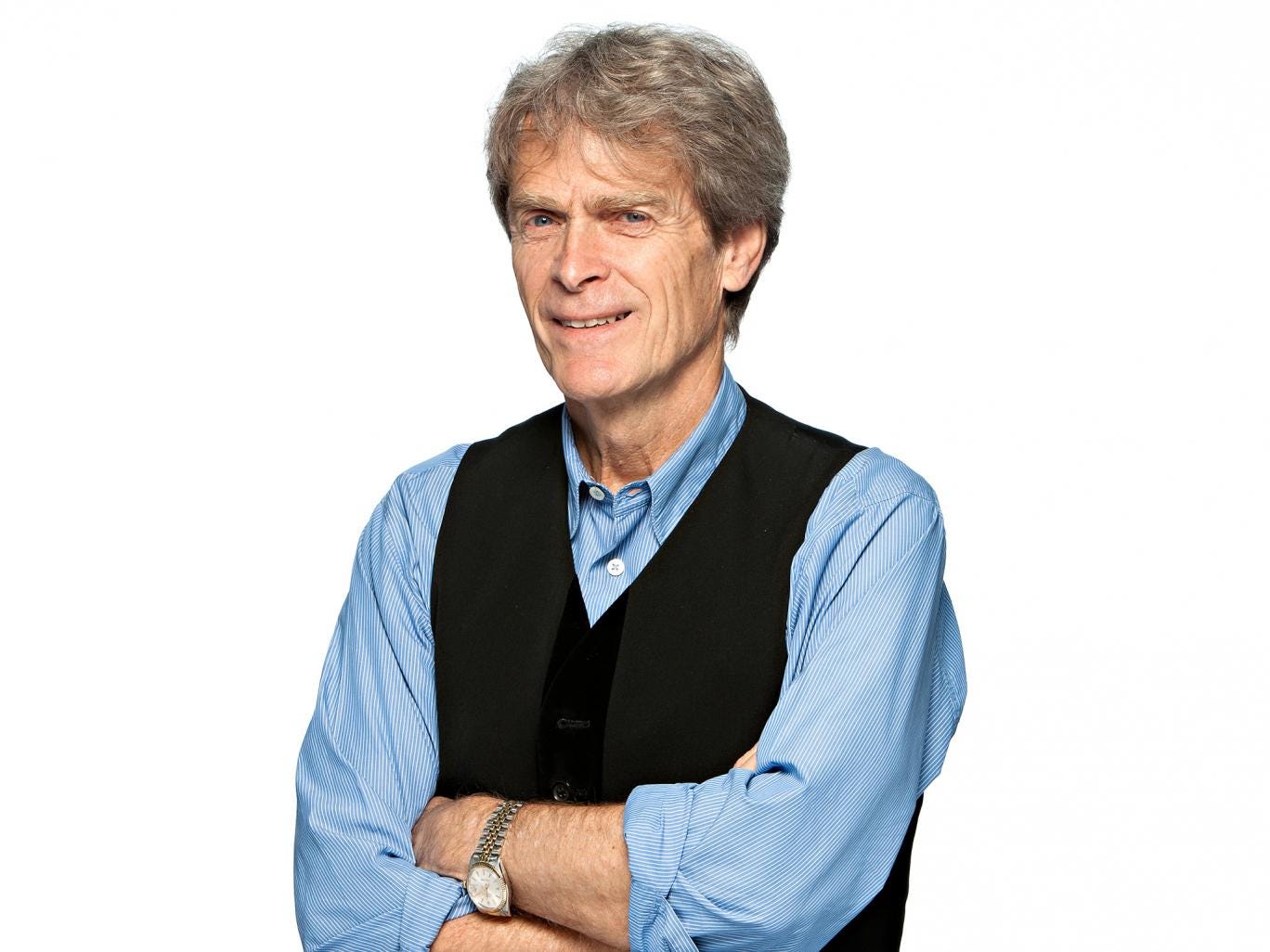Amazon shows off new prototype delivery drone
Amazon has launched a video showing off its new prototype drone, an unmanned aerial vehicle which can get packages to customers within 30 minutes. This particular drone is a hybrid vehicle— part helicopter and part airplane. "This design enables it to fly long distances efficiently and go straight up and down in a safe, agile way," says Kristen Kish, Amazon Prime Air's spokesperson. According to the video, the autonomous drone - which weighs under 55 pounds - rises vertically like a helicopter to a height of 400 feet, and then flies horizontally for upto 15 miles. The launch date remains unknown, but according to the new Prime Air microsite, the drones are being developed in the United States, the United Kingdom and Israel and being tested in "multiple international locations."

This article shows how reality is becoming more instant, even in terms of delivery. Through these developments with the droid, it shows how immediacy is becoming ever more predominant and is being seen as a necessity as people are becoming more and more preoccupied in getting the next the 'big thing'. Also, it shows how people are becoming more dependant on machines and technology which has its advantages for example, there is less room for human error, but also has its disadvantages, the loss of jobs.
A BBC journalist has been suspended by the corporation after stating he was “ashamed” that his employer had invited the boxer Tyson Fury to its Sports Personality Of The Year show. The gay English-born Northern Ireland-based journalist has said he has written to the BBC director general, Tony Hall, over Fury’s nomination. Hall is expected to be questioned about Fury’s nomination by the culture, media and sport select committee next week.
In his online post, West wrote: “My employer is hurting me and other gay people by celebrating someone who considers me no better than a paedophile and who believes homosexual people are helping to bring about the end of the world.

This exemplifies the discrimination that is amongst the gay community but through West posting his concerns online it suspended him because he begins to criticise how the BBC aren't brave enough to admit a mistake. By Tyson Furry being nominated to be the BBC's sports personality of the year but being sexist, it caused West to express his views about being ashamed about working in the BBC. Also, it shows the illusion of freedom of speech as he was suspended for expressing his agitations.






